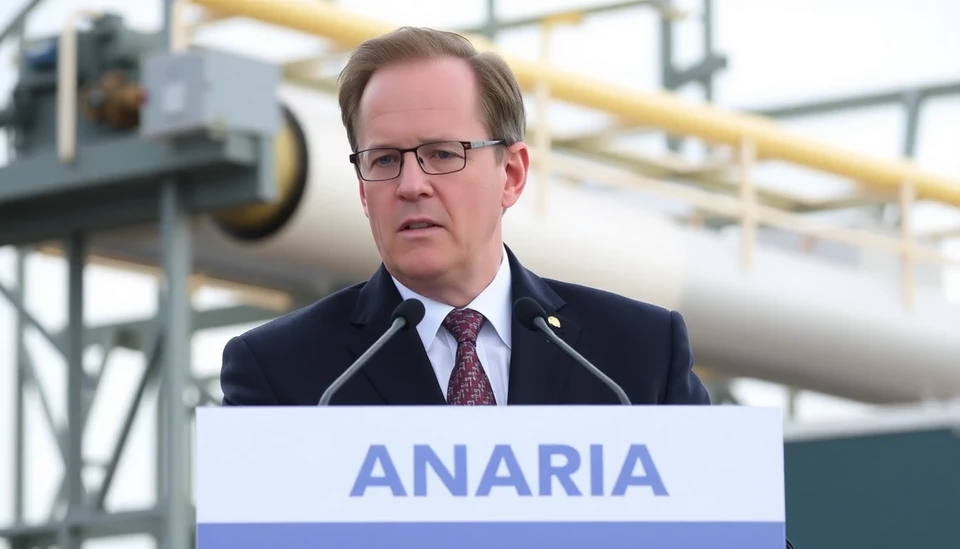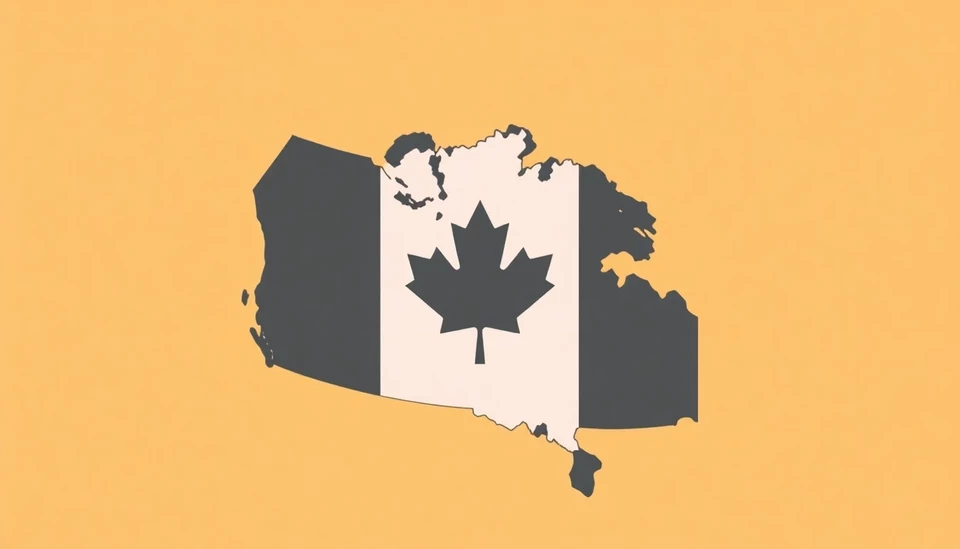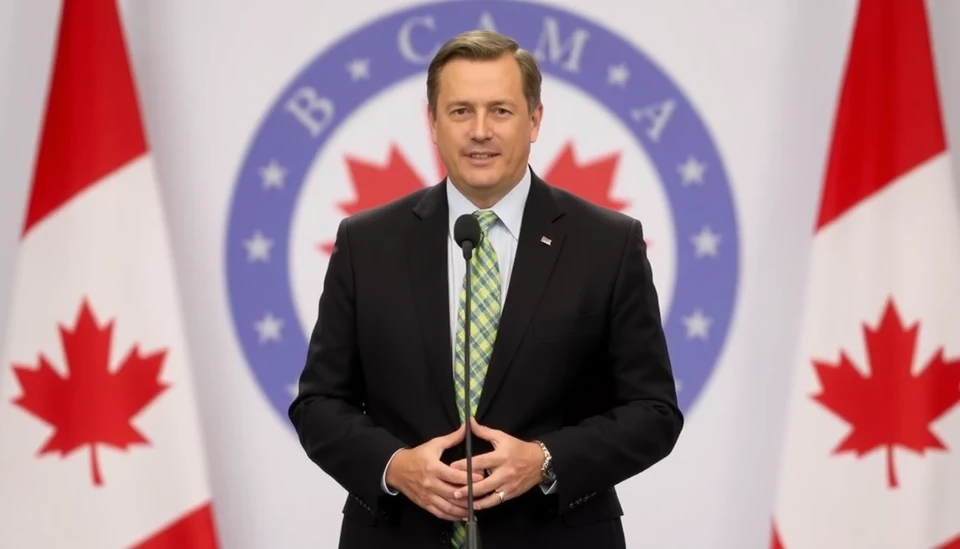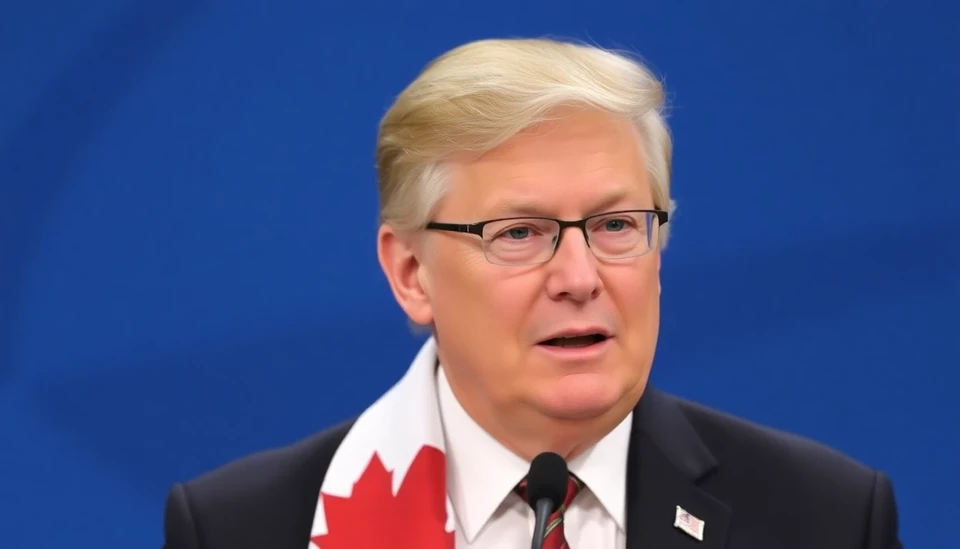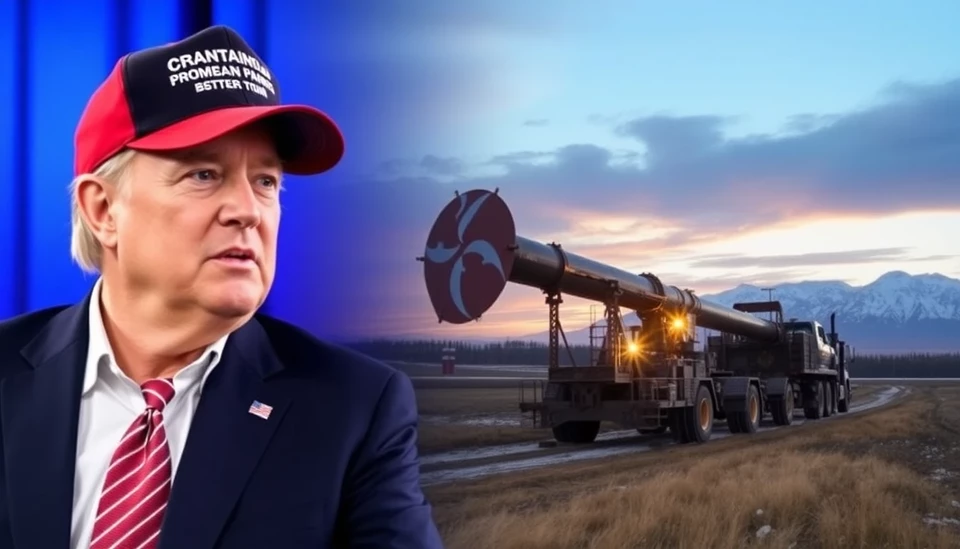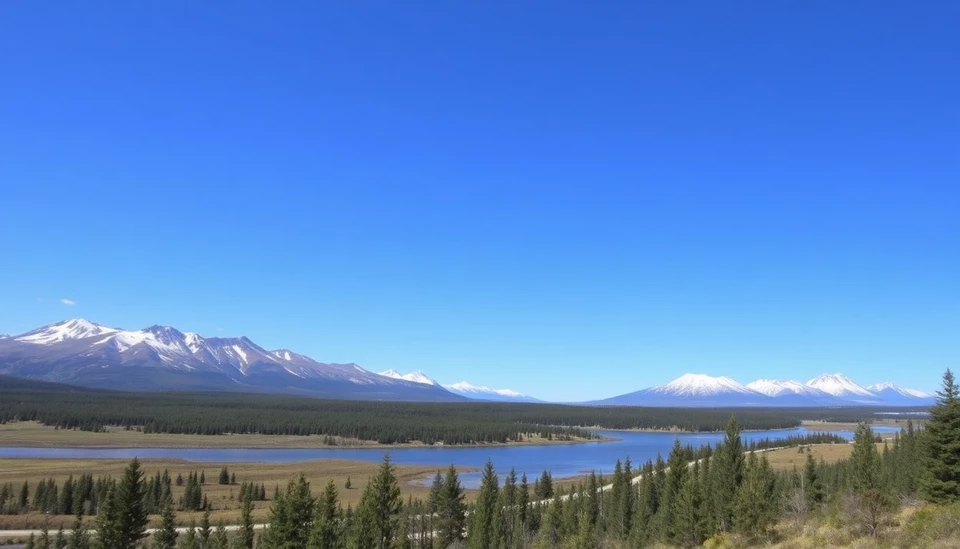
In a bold move, Alberta is gearing up to contest Prime Minister Justin Trudeau's recent initiative aimed at capping emissions from the oil and gas sector. This contentious plan has triggered a fierce response from provincial leaders, who argue that it jeopardizes Alberta's economic prospects and energy independence.
This showdown is set against the backdrop of Canada's broader climate goals, which have become increasingly ambitious in light of international agreements to combat climate change. Trudeau's government has pledged to significantly reduce greenhouse gas emissions by 2030, a promise that includes stringent regulations on some of the largest polluting industries, particularly oil and gas extraction, which are crucial components of Alberta's economy.
As part of this strategy, the federal government has proposed a cap that aims to reduce emissions from the oil and gas sector by 42% from 2019 levels by the end of the decade. This plan has been met with staunch opposition from Alberta Premier Danielle Smith, who claims that the cap not only threatens the viability of the province’s energy industry but also undermines the economic well-being of countless workers and families who rely on it.
Smith has labeled the cap as a "job killer" and has expressed concerns over the lack of consideration given to Alberta's existing contributions to Canada’s economy and energy supply. In her view, these regulations ignore the realities of transitioning to cleaner energy without sacrificing current industry jobs and the economic stability that oil and gas provide to her province.
The announcement has sparked a response from energy companies operating in Alberta, with many voicing apprehensions regarding the feasibility of meeting the proposed regulations. Industry representatives have pointed out that while they acknowledge the need for emission reductions, they also emphasize the importance of a balanced approach that considers both environmental and economic impacts.
In light of these developments, Premier Smith has indicated that Alberta will seek legal avenues to challenge the federal government’s authority to enforce such climate regulations. She insists that Alberta should have greater control over its resource management and that the federal cap encroaches on provincial rights, effectively stifling local industry. This sentiment resonates widely among Alberta's political landscape, where there is a growing call for provincial autonomy in energy matters.
Moreover, the provincial government is planning to revise its own emission reduction strategies that are said to be more in sync with the realities faced by the oil and gas sector. The intention is to foster a sustainable pathway that allows for a gradual transition towards cleaner technologies while maintaining economic viability.
The impact of the ongoing negotiations and potential legal battles remains to be seen, but it is clear that Alberta is poised for a significant confrontation with the federal government. The stakes are high, as the province's energy sector plays a vital role not only in Alberta's economy but also in Canada’s overall energy landscape.
This developing situation has garnered national attention, with observers keenly watching how the conflict between provincial autonomy and federal climate goals unfolds. As both sides prepare for what could be a prolonged tug of war, the outcome may set significant precedents for resource management and environmental policy across Canada.
As Alberta readies itself for a critical fight over its economic future, it remains to be seen how the Trudeau government will respond to the province's mounting criticisms and legal challenges. The battle lines have been drawn, and the discourse surrounding energy, climate, and provincial rights will undoubtedly remain a focal point in the coming months.
#Alberta #Trudeau #OilAndGas #Emissions #ClimatePolicy #EnergyIndependence #Daniellesmith
Author: John Harris
